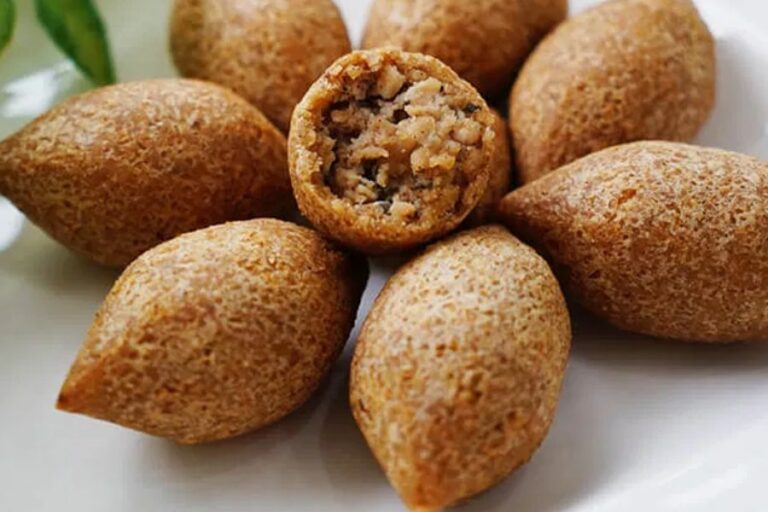Introduction: The Role of Fava Beans in Egyptian Cuisine
Fava beans have been an integral part of Egyptian cuisine for centuries. Known locally as “ful,” these beans are a staple ingredient in many traditional dishes, particularly in the popular breakfast dish “ful medames.” Fava beans are not only delicious but also nutritious, making them an important part of the Egyptian diet.
The History of Fava Beans in Egypt
The use of fava beans in Egyptian cuisine dates back to ancient times. Historical records suggest that fava beans were cultivated in Egypt over 5,000 years ago. It is believed that fava beans were first introduced to Egypt during the time of the Pharaohs. Over time, fava beans became a common food source in Egypt and have remained an important part of the country’s culinary culture ever since.
Ful Medames: A Staple Egyptian Dish
Ful medames is a popular breakfast dish in Egypt that features fava beans as the main ingredient. The dish is typically made by cooking fava beans with garlic, lemon juice, and olive oil. It is then served with a variety of toppings such as chopped tomatoes, onions, parsley, and a sprinkle of cumin. Ful medames is a filling and nutritious dish that is enjoyed by many Egyptians as a breakfast staple.
How to Prepare Ful Medames with Fava Beans
To prepare ful medames, first rinse and soak the fava beans overnight. Drain and rinse the beans, then add them to a pot with water, garlic, and salt. Bring the mixture to a boil, then reduce the heat and let it simmer for about an hour or until the beans are tender. Once the beans are cooked, remove them from the heat and add lemon juice and olive oil. Top the dish with chopped tomatoes, onions, parsley, and cumin.
Other Dishes Featuring Fava Beans in Egyptian Cuisine
Apart from ful medames, fava beans are also used in other popular Egyptian dishes such as “taamiya” (Egyptian falafel) and “koshari” (a vegetarian rice and lentil dish). Fava beans can also be used to make dips and spreads such as “bessara,” a creamy dip made with mashed fava beans, garlic, and olive oil.
Nutritional Benefits of Fava Beans
Fava beans are an excellent source of protein, fiber, and essential vitamins and minerals such as iron and potassium. They are also rich in antioxidants and have been found to have anti-inflammatory properties. Consuming fava beans regularly can promote heart health, aid digestion, and boost energy levels.
Fava Beans in Egyptian Culture and Traditions
Fava beans hold a special place in Egyptian culture and traditions. They are often associated with good luck and prosperity and are a popular food choice during festivals and celebrations. Fava beans are also used in certain rituals and customs, such as the traditional meal prepared during the Islamic month of Ramadan.
Conclusion: Fava Beans as a Symbol of Egypt’s Culinary Heritage
Fava beans are not just a food item in Egypt but a symbol of the country’s rich culinary heritage. From ful medames to taamiya and bessara, fava beans are a versatile and nutritious ingredient that has been an essential part of Egyptian cuisine for centuries. Their use in traditional dishes and cultural customs highlights the importance of food in Egyptian society and the role it plays in shaping the country’s identity.

